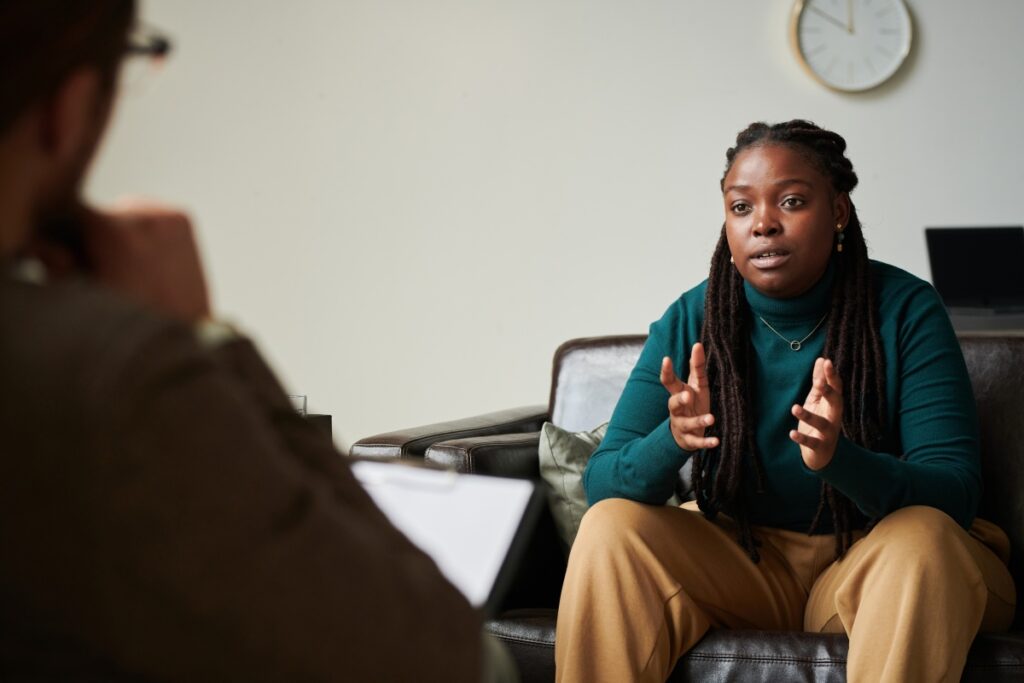
5 Ways We Prioritize BIPOC Mental Health for Equitable Eating Disorder Care
Earlier this month, several of our clinicians had the honor of attending the 2025 BIPOC Eating Disorders Conference—a powerful gathering of leaders, advocates, and clinicians working to challenge the white-centered narrative in eating disorder treatment. We left feeling inspired, humbled, and recommitted to the work of creating an inclusive, affirming space for all bodies and identities.
Everyone on our team is grateful that this conference was offered virtually, which made it easily accessible. We also greatly appreciate the tremendous labor Whitney Trotter and Angela Goens have put into this.
If you are passionate about this cause and interested in supporting it, please head over to bipoceatingdisordersconference.com or visit them on Instagram at @bipoc.eatingdisorders to learn about ways you can contribute to their efforts.
At MetroWest Nutrition and Therapy, we recognize that eating disorders don’t discriminate, but access to diagnosis, treatment, and healing often does. For too long, BIPOC individuals have been underrepresented in research, misdiagnosed in care settings, and excluded from mainstream narratives around mental health and eating disorders.
Here are five ways we’re working to center BIPOC mental health in our practice.
Ready for Support? Book a call with our client coordinator today.
1. Ongoing Anti-Racism Training and Education
Our team regularly engages in continuing education focused on racial identity, systemic oppression, cultural humility, and trauma-informed care. Conferences like the BIPOC Eating Disorder Conference are an essential part of this growth.
We believe learning is never finished and must be integrated into daily clinical practice.
2. Diverse and Inclusive Hiring Practices
Representation matters. We’re actively building a team that reflects the diverse communities we serve. We prioritize equity in our hiring processes and strive to create a workplace culture that supports clinicians of color in thriving both professionally and personally.
3. Culturally Responsive Care
Our clinicians are trained to understand how race, ethnicity, and culture shape body image, food relationships, and experiences of mental health. We honor the lived experience of each client and avoid making assumptions based on dominant norms or diagnostic criteria that were not created with BIPOC individuals in mind.
4. Collaborations with BIPOC-Led Organizations
We partner with local and national organizations led by and for BIPOC communities to expand access, elevate underrepresented voices, and ensure our programming is rooted in lived experience. These collaborations help guide how we show up with humility and accountability.
5. Accessible Services and Advocacy
We work to reduce barriers to care through sliding scale services, insurance partnerships, and advocacy for policy changes that make mental health support more accessible to BIPOC clients. Healing should not be a privilege—it’s a right.
We are grateful to the organizers and speakers at the BIPOC Eating Disorder Conference who generously shared their time, expertise, and lived experiences. As a practice, we are committed to showing up, doing the work, and making equity more than a value—it’s a daily practice.
If you’re looking for a provider who understands the importance of culturally responsive, affirming care, we welcome you to connect with us at Metrowest Nutrition and Therapy.



